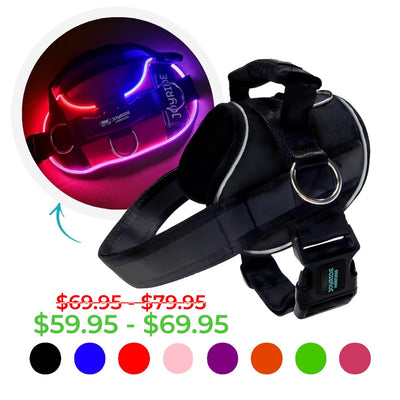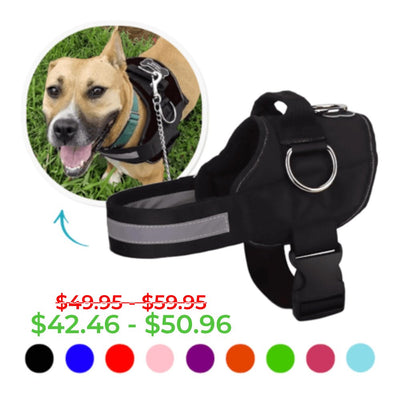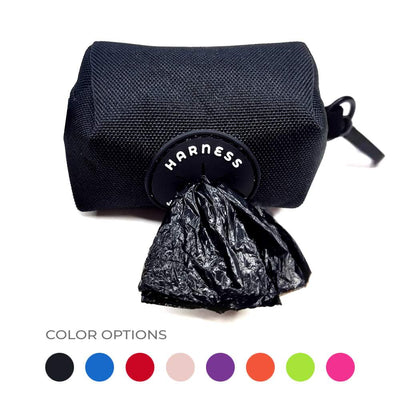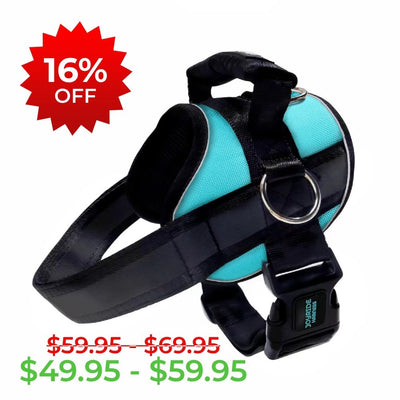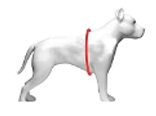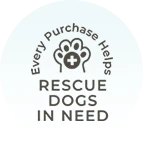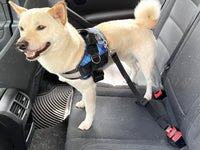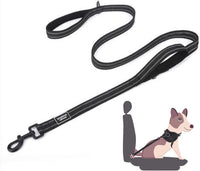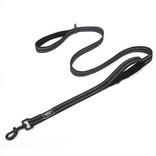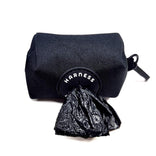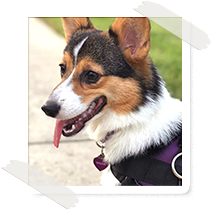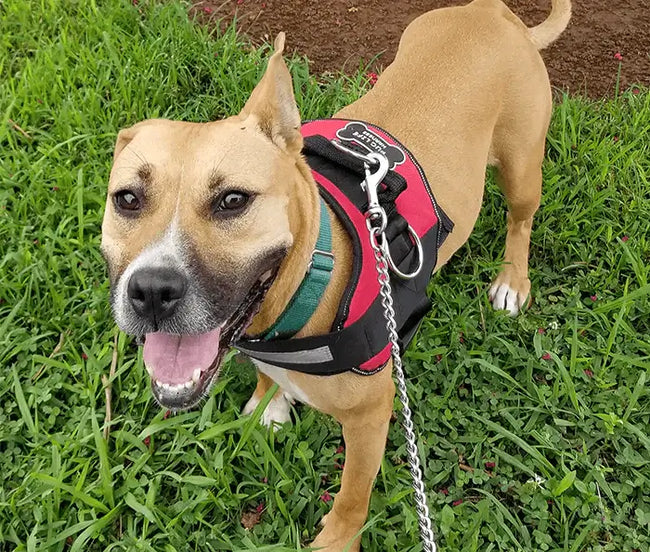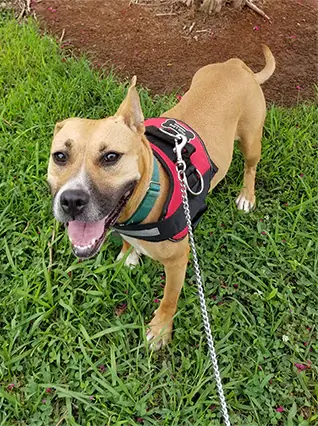Why is my dog scooting their butt on the ground?
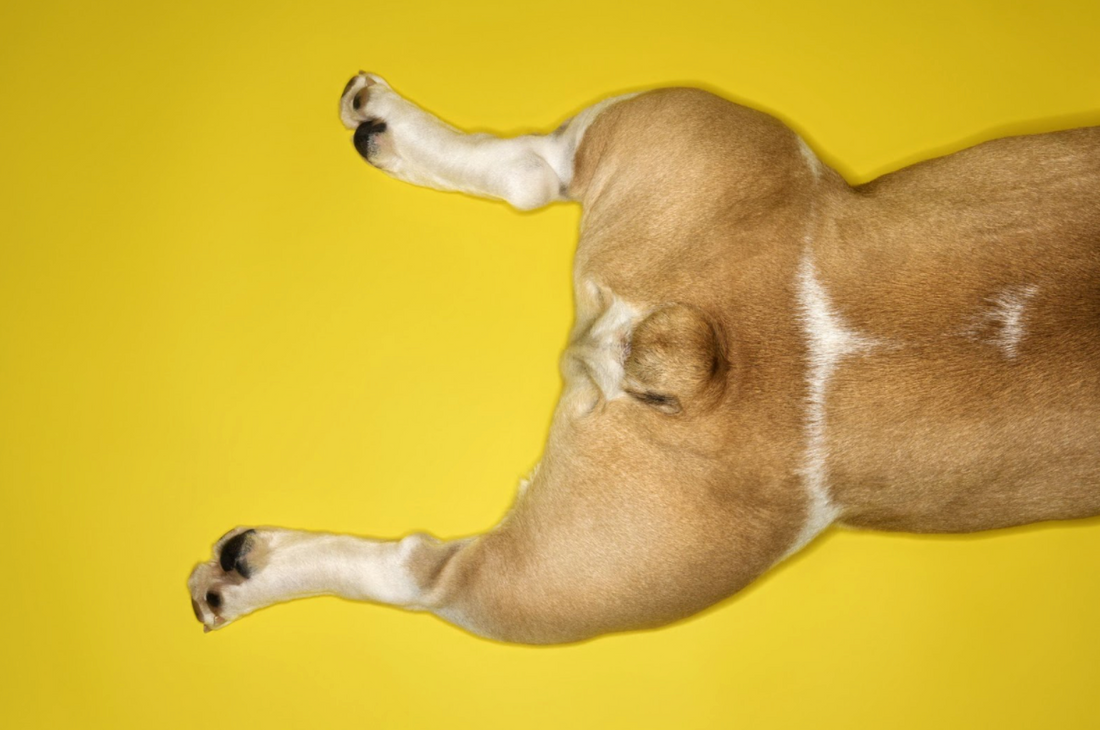
Picture it. You're at home enjoying a movie with your family, and suddenly, in the corner of your eye you see the family dog scoot on the floor. You're irritated and maybe embarrassed. You think to yourself that this isn't something you'd want your dog to do in front of guests. But dog owners! You should know this: If your dog is scooting their butt on the ground, something is up.
Witnessing your dog scoot their butt across the floor might seem uncomfortable for you, but this behavior of scooting may be trying to tell you something important about your dog's health.
What are the common reasons behind dog scooting?
- Irritation of the anus
- Clogged or inflamed anal sacs
- Intestinal parasites
- Allergies
Irritation of the Anus
This answer might seem like a given but a dog's anus isn't just irritated by poop breaks. Just like humans, dogs can experience discomfort and irritation from other, similar means like skin allergies. For example, when you take your dog to the groomer, there may be tools or chemicals (perfumes, shampoos, etc.) that might get too close to the anus and get under the dog's tail causing irritation.
Clogged or Inflamed Anal Sacs
According to the American Kennel Club (AKC), "Dogs have two small anal sacs on either side of their rear end that contain a foul, fishy-smelling liquid they release when they poop. The liquid may be a biomarker that helps leave a sort of “poop print” for other dogs to smell.
Normally, your dog’s bowel movement triggers his anal sacs to empty. But if they’re not working properly, the fluid can build up. The glands in the sacs have a tendency to get inflamed, solidifying the liquid and hindering its release. When the sacs are continuously full or not emptying properly, it can be painful and can even become infected."
When a dog's anal sac becomes infected, it fills up with excess pus and form an anal sac abscess.
If the anal sac or abscess ruptures, this will show through secretions of bloody or greenish yellow pus. When your dog has a clogged, inflamed, or infected anal sac, other symptoms may show through excessive licking (or biting) at the base of the tail and through irritability and aggression upon touch. In the case of any issue or concern with your dog's anal sac, seek immediate help and professional assistance from a veterinarian. They will treat your dog by flushing out the infected dog's anal sacs and prescribe antibiotics.
Intestinal Parasites
If your dog has an itch to scratch and are taking to dog butt scooting, the bone to pick may be with intestinal parasites. When fleas catch a ride on your dog, they may be carrying larvae or leave eggs on your fur baby. When the immature larvae is ingested, these parasites hatch leading to tapeworms. When it comes to common dog behavior, this explains scooting dogs as tapeworms can cause itchiness and irritation when exiting the body after maturing in the stomach.
Are you suspecting that your scooting dog has worms? The best way to figure out if your dog has tapeworms is to take a look at their stools. If unresolved, the impact will be negative on your dog's health. Additionally, the scooting may not be over as parasites can also yield symptoms like diarrhea which can also cause further irritation of rectum and anal glands.
In these cases, contact your vet office to go over solutions for dewormer with your trusted veterinarian.
Hair Matting
If you don't regularly groom your dog or take your dog to a groomer, you may be setting them up for uncomfortable experiences. If their fur is long, each time your dog poops, that fecal matter can accumulate and irritate your dog's anal glands, anal sac ducts, etc. The combination of matter accumulating and the discomfort can lead to butt scooting.
To eliminate this cause as a concern, groom your dog, making sure that their fur isn't too long around their butt, side of the anus, and tail. If the dog's scoots persist, you may have more than an itchy bum on your hand.
Allergies
Next time you see your dog scoot, ask yourself, "Did their diet change recently?" Changes in food poses the question of if your dog has a food allergy and what allergen is disrupting your dog's diet. Switch back to your dog's previous food, and if the problems persist, consult with your vet for recommended dietary changes.
This is just a sampling of tips and informational posts we offer at Joyride Harness. You can find more content including tips and tricks and how-tos for caring for your dog on our blog in this section.

